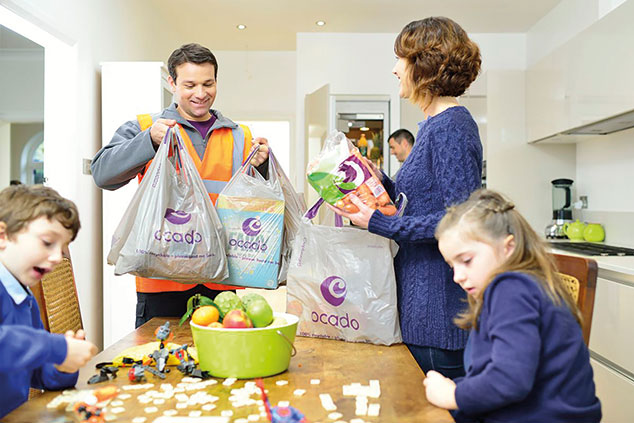
They are meant to be the most exciting companies in the world, disrupting whole industries, launching exciting new technologies, and minting fortunes for their founders and investors in the process. Yet over the course of the last year, a few of the highest-profile technology businesses from the app economy have listed their shares and, almost as soon as they have done so, they have sunk like a stone.
Tech stars fall to earth
In the US, the two giants of the ride-sharing industry, Uber and Lyft, have both proved bitterly disappointing since making their public debut. Last week, both companies’ shares touched new lows. Uber was trading at $30, compared with an issue price of $45, and even that was less than many of its backers were hoping for. Lyft was down to just $44, compared with an issue price of $59. Hardly a great performance.
The taxi apps are far from alone. Slack, a messaging platform for companies, is down to $24 after opening trading at $38. Over on this side of the Atlantic, a similar story is unfolding. By far the highest-profile tech initial public offering (IPO) of the last year was peer-to-peer lender Funding Circle. From an opening price of 440p, the price has dropped to 110p.
To plenty of their critics, that will simply be proof that these firms were always wildly overhyped. They were basically rubbish all along, it is just that it took a listing to expose that. But we have been here before.
Rewind to 2001, and lots of Wall Street analysts were arguing that a newly listed internet retailer was basically bankrupt and that it would certainly never make any decent profits. The share price dropped from $107 to $6 as the critics called time on a ridiculous discount-driven business model. The name of that company? Amazon. To take another example, soon after its IPO in 2008 the share price of Facebook halved. Wall Street was troubled by its purchase of another app that one had never heard of, didn’t make any money, and was likely to be a permanent drain on resources. That acquisition? Instagram.
Something similar happened in the UK. For several years after its listing on the London market, the food-delivery start-up Ocado was among the most shorted stocks on the exchange. Its critics argued that it was nothing more than a glorified van business, that it was completely dependent on its relationship with Waitrose, and that it could never make any money in competition with the likes of Asda. Over 2011, the shares slumped from 220p to less than 60p. And now? The share price is above £13, and it is a secure member of the FTSE 100, while veteran retailer Marks & Spencer has just been dropped from the main index.Or take the internet fashion retailer Boohoo. Its share price halved soon after it listed. And now? It has gone from 40p to 270p and it would be a contender for the FTSE if it wasn’t still listed on the Aim junior market.
Wild swings towards global dominance
There is a pattern here. Tech companies go through wild swings in sentiment. They float on a wave of hype, then they typically crash as some tough questions start to be asked about their business models. There is nothing odd about that. Most of them are trying to reinvent a whole industry, and that is inevitably going to involve losses, setback and difficulties. It would be crazy to expect the path to global domination to be completely smooth.
And a few go bust. The short-sellers and the critics will sometimes be proved right. Many more will eventually do fantastically well. We can expect to see a lot more pressure on some of the huge companies that have floated this year on both sides of the Atlantic. We may well see their share prices sink a lot further. But for any patient investor that will be a buying opportunity. And in 20 years time, we will think it amusing anyone ever doubted Uber, Funding Circle or many others – just as we think Amazon trading at $6, compared with its current $1,800, was the bargain of the century.